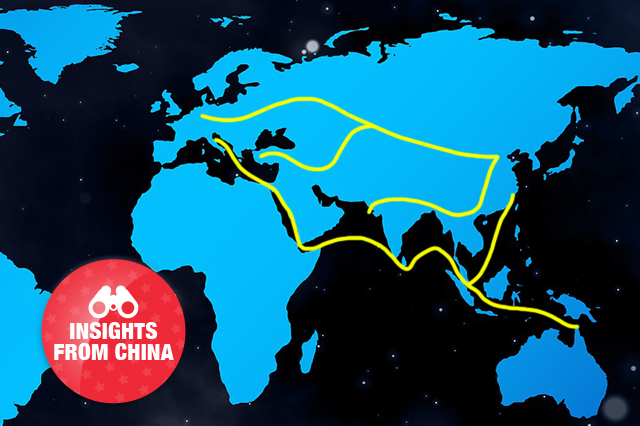
Nitheesh NH
On March 23, 2019, Italy and China signed an MoU to cooperate on Beijing’s Belt and Road Initiative. Italy has become the first member of the G7 major advanced economies to sign up to this initiative.
The Belt and Road Initiative was first proposed by Chinese president Xi in 2013, and it refers to the land-based Silk Road Economic Belt and the ocean-going 21st Century Maritime Silk Road. The Belt and Road Initiative involves building a trade and infrastructure network that connects Asia with Europe, Africa and beyond.
What Deals Were Signed?
The MoU provided the legal framework for around 30 deals with China across areas including port management, e-commerce, finance and other areas that align with the Belt and Road Initiative’s purpose of increasing cooperation between countries. Italy’s Deputy Prime Minister Luigi Di Maio said the agreements are worth an initial €2.5 billion ($2.8 billion) and have a potential value of €20 billion ($22.5 billion).
Below are details of some of the agreements:
Port of Trieste: China Communications Construction Company has signed a cooperation agreement with the authorities of the port of Trieste. The port is positioned as a strategic link between the Mediterranean and landlocked East European countries (i.e., countries that are almost or entirely surrounded by land), such as Austria and Hungary. China Communications Construction Company will invest in expanding the terminal and warehouse facilities.
Port of Genoa: China Communications Construction Company has signed a cooperation agreement with the Port Authority of Genoa to provide support for redevelopment projects, including works needed following the 2018 collapse of the Morandi Bridge in Genoa.
Italian Trade Agency: Chinese electronics retailer Suning.com has signed a deal with the Italian Trade Agency to boost “Made-in-Italy” exports to China. Suning.com opened a new office in Milan in 2018 and aims to purchase €100 million ($113 million) of goods for resale from Italian retailers during the 2019-2023 period, and to introduce 200 Italian brands to the Chinese market each year.
Energy company ENI: Italy’s energy giant ENI has signed an MoU with Bank of China to explore opportunities for financial collaboration for the development of joint strategic objectives over the next five years.
Italy has made clear that the agreements do not cover 5G, where there has been concern over data security in the US and among some European Union members.
Why Did Italy Sign up to the Belt and Road Initiative?
Italy has fallen back into economic recession for the third time in a decade, and its national debt levels are among the highest in the eurozone, according to data from Eurostat, the European Commission’s statistics agency.
Italy hopes to revive its struggling economy. The agreements will give Italy greater access to China’s lucrative consumer market by enabling more exports to China. Italy and China can work together to improve and expand infrastructure such as ports, refineries and railway lines in Italy.
What Are the Implications for China?
Having one of the major Western powers support the Belt and Road Initiative is seen as a big leap forward for the Chinese government — China has gained an important ally in Europe. It adds affirmation to the Belt and Road Initiative and also shows that China has an important global role. This can provide confidence for other Western countries to join the initiative.
Key Insights
Italy has become the first major Western power to join the Belt and Road initiative and plans to draw more investment from China to boost its economy. In turn, China has gained a powerful ally in its Belt and Road Initiative, one which allows it to strengthen trade links with Italy.